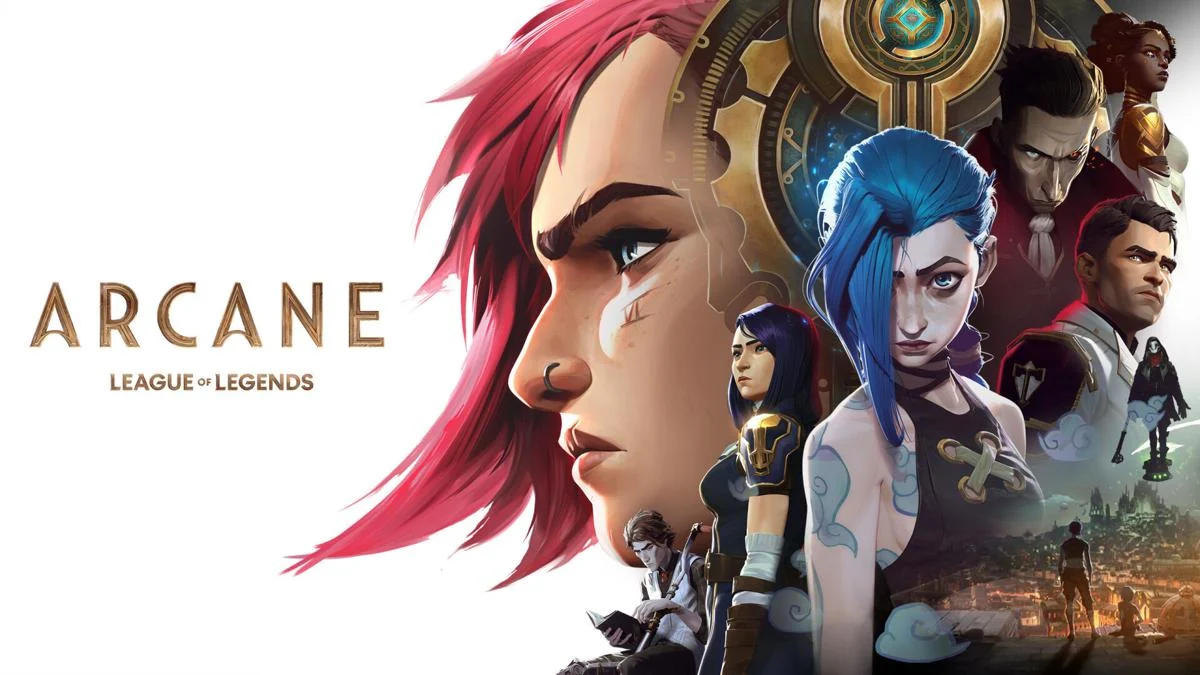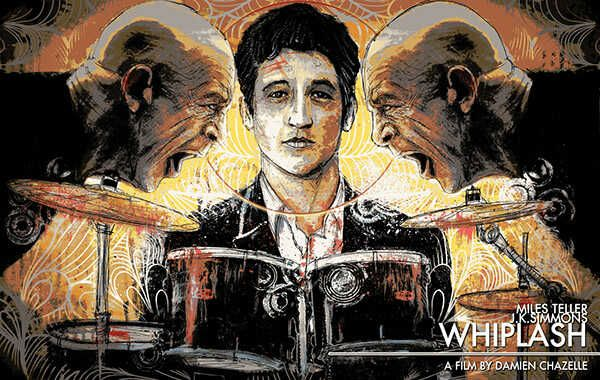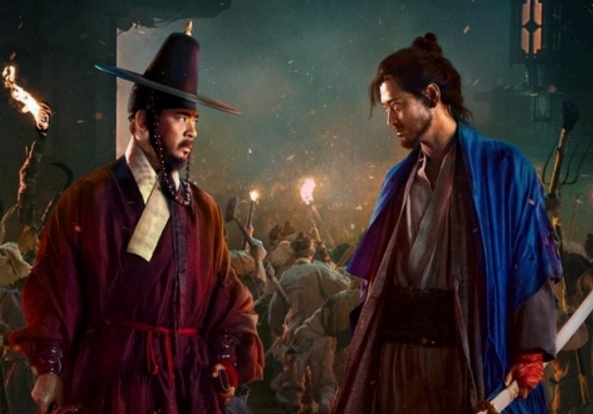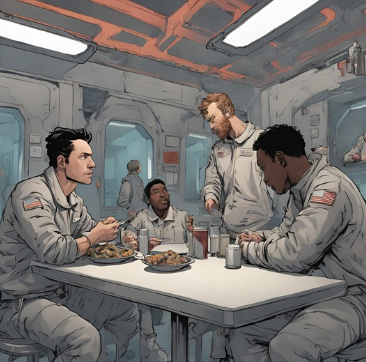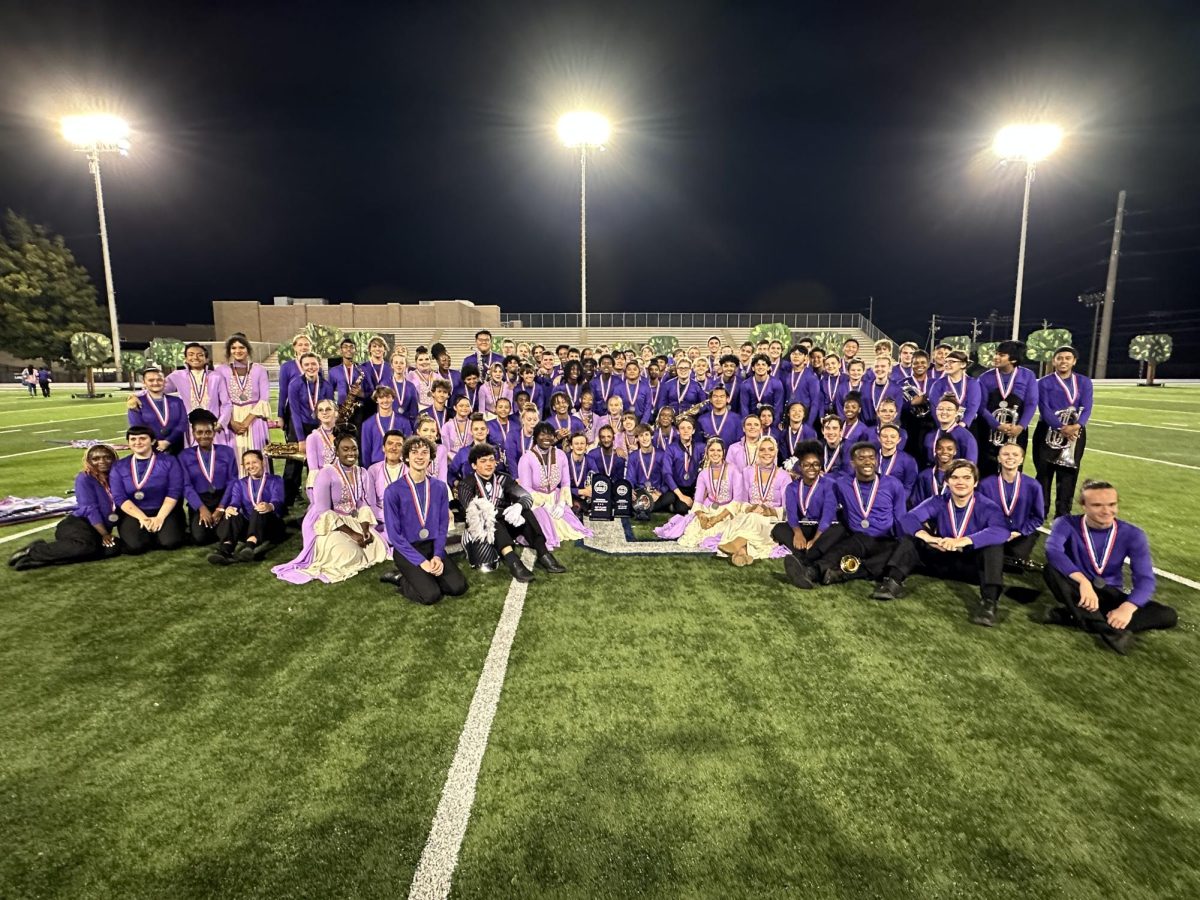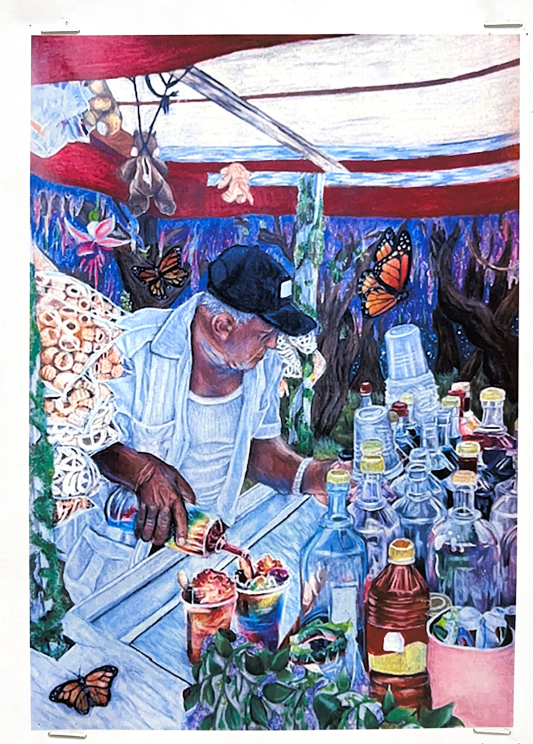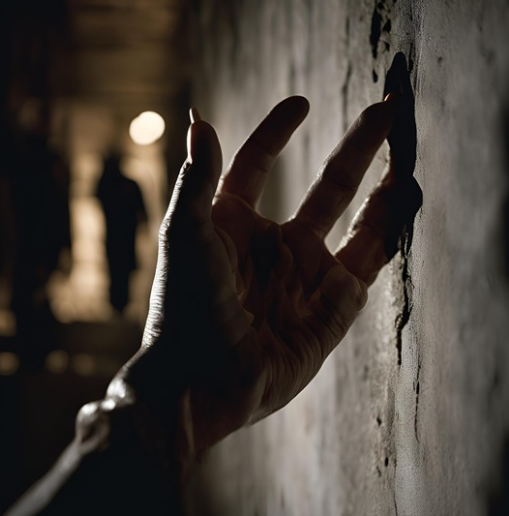The animated series Arcane, directed by Christian Linke and Alex Yee, delves into the lives of characters from the cities of Piltover and Zaun, exploring themes of class struggle, trauma, and power. Set in the universe of League of Legends, Arcane follows the stories of sisters Vi and Jinx as they navigate a world deeply divided by economic and social inequalities. The series combines fantasy elements to tell a story where technology and magic collide, leading to tension between the rich and the impoverished.
In Arcane, the contrasting environments of Piltover (the prosperous “City of Progress”) and Zaun (the impoverished “Undercity”) set the stage for class conflict. This disparity illustrates the central Marxist concept of class struggle, with the elite in Piltover controlling resources and the means of production, leaving the underprivileged in Zaun to fend for themselves in squalor. In episode 1, “Welcome to the Playground,” illustrates this divide through contrasting visuals of Piltover’s towering, pristine buildings against the grim, industrial landscape of Zaun. A pivotal scene in this episode shows Vander, a leader in Zaun, trying to protect his community from Piltover’s enforcers, saying, “We have to make peace with them or risk everything.” Vander’s words show his resignation to the systemic oppression that prevents Zaun’s people from breaking free.
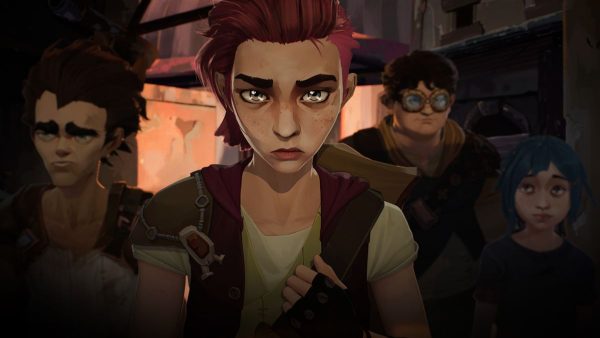
This tension escalates in Episode 3, “The Base Violence Necessary for Change,” where Piltover’s enforcers invade Zaun, sparking a violent confrontation. Through these scenes, Arcane illustrates how the upper class enforces a system that keeps the working class marginalized and vulnerable. This Marxist perspective reveals how economic disparity drives Zaun’s residents to resist and ho The Piltover elite, benefiting from technological advances, see the lower class as both a labor source and a threat, maintaining a societal divide throughout the story.
The series portrays the ways in which economic circumstances can drive individuals to crime, radicalization, or even madness. In Episode 3, we witness Jinx’s devastating experience of accidentally causing her loved ones’ deaths during a confrontation with Piltover enforcers. This event fractures her psyche, setting the stage for her struggle with guilt and self-hatred. By Episode 5, “Everybody Wants to Be My Enemy,” Jinx begins hearing voices and hallucinating visions of her dead family, indicating her split psyche. She feels abandoned by Vi and is haunted by the traumatic memory, often referring to herself as “Jinx” — a name symbolizing her belief that she brings misfortune.
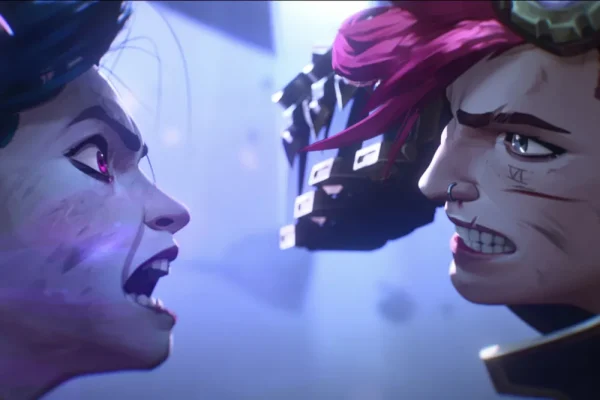
In Episode 7, “The Boy Savior,” Jinx’s split identity is starkly depicted when she confronts Vi and Caitlyn, expressing her deep-seated fear of abandonment: “You left me. They all did.” This line reveals her unresolved trauma and need for validation, driving her to destructive actions. By examining Jinx’s mental state through the Psychoanalytic lens, Arcane illustrates how trauma and repression lead to psychological fragmentation, shaping her into a character who embodies both innocence and violence.
In Arcane, characters are not only defined by their economic circumstances but by the psychological scars these circumstances leave. The divide between Piltover and Zaun is not just physical; it is emotional and mental, creating characters who are haunted by the impact of their environment. Jinx’s descent into madness from the unyielding systems that define their lives in Zaun. These traumas serve as both motivation and barrier, leading to conflict not just between classes, but within the psyche of each character.
Through a Marxist lens, Arcane critiques the way economic systems create suffering, and through a Psychoanalytic lens, it examines how individuals internalize this suffering. Together, these perspectives reveal a complex narrative where economic and psychological forces intertwine to shape each character’s journey, illustrating the profound effects of inequality and trauma on human identity.

